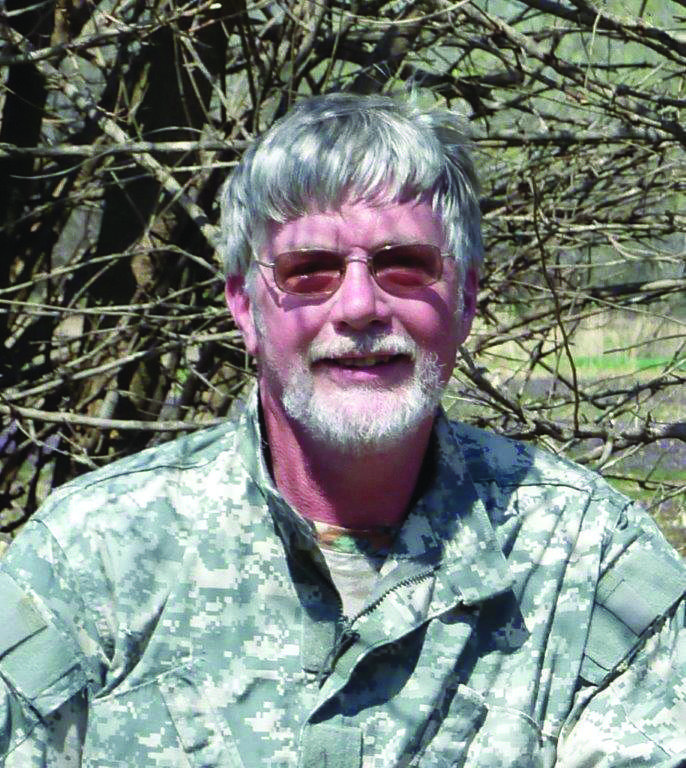Kansans once elected legislators to carry their special needs and distant hopes to the state Capitol. They were to represent their constituents, the ambition and dismay, the contentment and shortcomings of life in their districts. They once compared notes with other legislators, addressed local concerns, reasoned together for mutual benefit and to improve life across Kansas.
This was called shared purpose. In the last century, Kansas was one of the most progressive states in America, a leader in public health, child labor laws, agriculture, women’s suffrage, mental health, road and bridge construction, public school finance, court reform, social welfare and more.
But in recent decades the legislature, with its Republican super majority, has busied itself with banning abortion, banning books, giving parents power over teaching, sluicing public money to private schools, and calling for a constitutional convention to codify other cruelties.
The legislature also has proposed (HB 2738) that counties alone decide whether to share sales tax revenues collected in cities – a radical reversal of current law.
Also in the works are measures to suppress voting: end the grace period for mail-in ballots, limit local ballot drop boxes to one per 30,000 voters and strangle advance ballot returns, among a long list of voting restrictions.
A bill to ban transgender athletes from women’s sports in local schools is about to become law. If any scant number of transgender athletes in local schools was mentioned, we never heard it.
Another constitutional amendment would rip the state’s Supreme Court justices from their impartial selection and nomination process and plop them on the electoral payrolls of political parties, their decisions founded not in law but weaseled by campaign donations.
The authors and managers for these measures are mostly from out-of-state. The Conservative Political Action Conference (CPAC) and the American Legislative Exchange Council, of Alexandria, Va., and Koch policy institutes, are involved. The bills seeking radical change in local education (Senate Bill 496 and House Bill 2662) come from the conservative Heritage Foundation in Washington, D.C.
Voter suppression as law comes from the Opportunity Solutions Project, a dark money group based in Florida. It has been promoting old and tired lies about voting fraud for two years.
*
The issues that grip Topeka are ginned up not at home but in faraway places, packed into boiler plate legislation and sent to legislators for filling the blanks. The abortion bans for Kansas are much the same as in Oklahoma, Texas, Arkansas and other states. So are the book bans, the parents’ bill of rights and vote suppression. Talking points roll on against critical race theory, a phantom evil that is not on any local school curriculum in Kansas or elsewhere.
What should be taught instead is critical government theory. Today’s legislators are not representing their constituents. They have been working for cause lobbies and think tanks from far away. They bend an ear and press the flesh locally, but soon as they cross the Shawnee County Line they are working for someone else.
This is especially the case in rural Kansas, where the local concerns are duly noted at a council meeting or at a Rotary Club or coffee shop and tucked neatly into a pigeon hole at the state capitol.
The worry on the plains is not abortion or the judicial nominating process. It is the weather, the crop in the field, the groundwater that will go away, the prospects for farming without irrigation and beef without feedlots. Wider concerns are taxes to pay for schools, police and fire departments, the ambulance, to keep the roads smooth, the businesses open, the town going. Over this is the long shadow of rural population loss, the steady exodus of the young.
Matters of health care, shortages of medical professionals, a failure to expand Medicaid coverage for the poor are concerns shared everywhere. So are local roads, bridges, water and sewer systems need aggressive maintenance or repair.
Broadband upgrades, a promise 30 years ago, remain a suspended promise. State aid to cities and counties has been stalled for more than ten years. Local schools face cuts, colleges and universities are forced to raise tuition as state aid is filched to lure metropolitan development. Affordable housing, and better rail and bus service go waiting.
Not a peep about any of this. Legislators acknowledge the troubles at home, but at the Statehouse they must follow party leaders and the talking points of other, special interests. They must pledge loyalty to the greater cause, whatever it is, lest they are treated with an opponent, well-financed, in the next primary election.
The old way, shared purpose, gives way to the greater cause. Loyalty to special interests outstrips commitment to the public interest.





